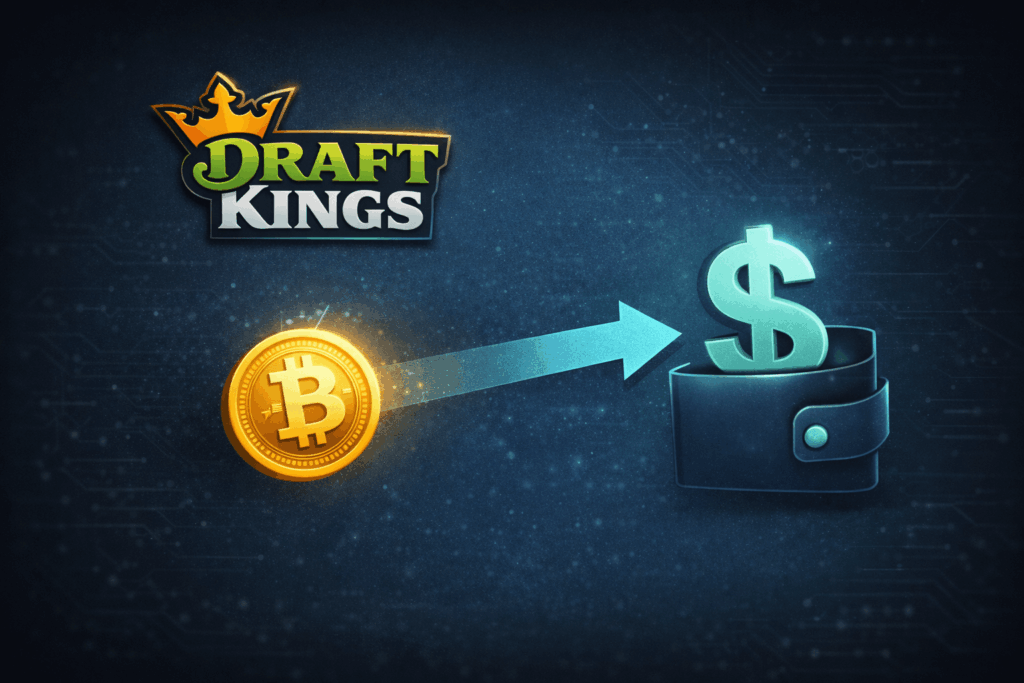News of Intercontinental Exchange’s potential $2 billion investment in Polymarket is reverberating through the financial and gambling communities, with execs proclaiming the deal as revolutionary for the crypto space and analysts describing it as the most important validation of prediction markets so far.
The investment is one of the largest ever in a crypto company.
While prediction markets’ encroachment of the sports betting industry is occupying plenty of mindshare around gambling circles, ICE CEO Jeffrey Sprecher trumpets tokenization as a core competency of Polymarket and believes the partnership will continue to push change in transactional flow.
“What I see the tokenization doing is really rewiring the flow of the banking system,” Sprecher, whose company owns the New York Stock Exchange, said yesterday on CNBC’s Squawk Box. “We have exchanges all around the world. They operate during the local banking hours, and the tokenization that we’re working on, I think we’ll be able to allow capital to flow freely anywhere in the world, any time anybody wants to make a market on anything, which is what chain is building.
“That’s a macro trend that I know is here to stay.”
On his social feeds, Polymarket CEO Shayne Coplan echoed Sprecher’s sentiments on tokenization while also extolling the deal as “a major step in bringing prediction markets into the financial mainstream.”
“It’s a monumental step forward for DeFi,” Coplan continued. “ICE is the one remaining founder-led exchange company, and Jeff is all-in on utilizing his assets, including NYSE, to usher in a new financial era of tokenization.”
Sportsbook shareholders wary of prediction markets
It’s been a rough couple of weeks for sportsbook stocks, which have been driven down largely by the momentum of prediction markets.
On Sept. 30 – the day after Kalshi rolled out same-game parlays and the same day Polymarket’s Coplan and Kalshi CEO Tarek Mansur participated in a joint SEC/CFTC roundtable on regulatory harmonization – DraftKings shares fell 11% and FanDuel parent Flutter Entertainment was down 10%. (Although, prediction markets offering parlays should not have come as a surprise to the market).
On Tuesday, DraftKings and Flutter stock reacted negatively to the Polymarket/ICE announcement, falling 5.8% and 3.7%, respectively.
As his company’s share price dropped, DraftKings CEO Jason Robins continued to downplay the threat posed by prediction markets.
“I just don’t see a world” where customers choose prediction markets over sportsbooks in legal sports betting states, Robins said yesterday at G2E in Las Vegas (per InGame and Ryan Butler on X).
“… It’s apples and oranges,” Robins continued. “The product of the sportsbook and what it’s able to do is so much stronger than the product of a prediction market.”
Flutter Entertainment CEO Peter Jackson said of the Polymarket announcement, “There’s a lot of news flow in this space in the moment. I’m sanguine about it.”
Despite states (Ohio, Arizona, Michigan) threatening sports betting licensees with serious regulatory repercussions if they get involved in prediction markets, FanDuel and DraftKings have made moves to position themselves in the space.
Should sports betting operators be nervous?
While Polymarket and ICE are highlighting the broader aspects of the deal, opinions vary as to prediction markets’ long-term impact on the sports betting business.
Gambling reporter and analyst Steve Ruddock agrees with the sentiment Robins expressed yesterday but cautions prediction markets are just getting started in sports.
“If prediction markets are allowed to continue offering sports contracts (a decision that the courts will ultimately make), they will need to up their game to compete with traditional sportsbooks,” Ruddock wrote in his Straight to the Point newsletter on Wednesday
“To offer a competitive product will likely require some type of acquisition (product or people), and, of course, there is the marketing component, which is where investments like this come in.”
Industry advisor Chris Grove recommends sportsbook operators sit up and take notice.
“More folks in the regulated gambling industry need to confront the growing amount of institutional support that is lining up behind prediction markets,” Grove wrote on X. “It’s not just venture – it’s increasingly stakeholders with deep connections to government and traditional finance.”
Grove broadens his analysis to warn financial trading platforms and crypto exchanges that prediction markets may be moving into their territory, too.
“Are @coinbase and @RobinhoodApp [which partners with Kalshi on prediction markets] in danger of ceding the space to @Polymarket and @Kalshi before the game even begins in earnest?,” he ponders. “The dynamic increasingly reminds me of the early days of OSB,” when FanDuel and DraftKings left traditional casino companies in their dust.
Legitimacy of prediction markets
If it hasn’t been clear already, prediction markets have arrived, a reality punctuated by ICE’s investment in Polymarket.
“If you’re looking for harbingers of what’s to come, you can’t get much better signal than NYSE’s owner getting fully behind prediction markets,” wrote The Event Horizon’s Dustin Gouker, a leading authority on the emerging industry. “It’s perhaps the most legitimizing moment that prediction markets have had to date.”
“For Polymarket, it’s validation — and a lot of cash — as it tries to wrest first-mover advantage from Kalshi,” Gouker added on The Closing Line newsletter.
And here’s a well-known prediction market user who makes his living betting on the platforms:
“The money is bonkers, but what a tremendous validation of the whole business,” Domer posted. “Polymarket is now in the same sentence as NYSE.”









